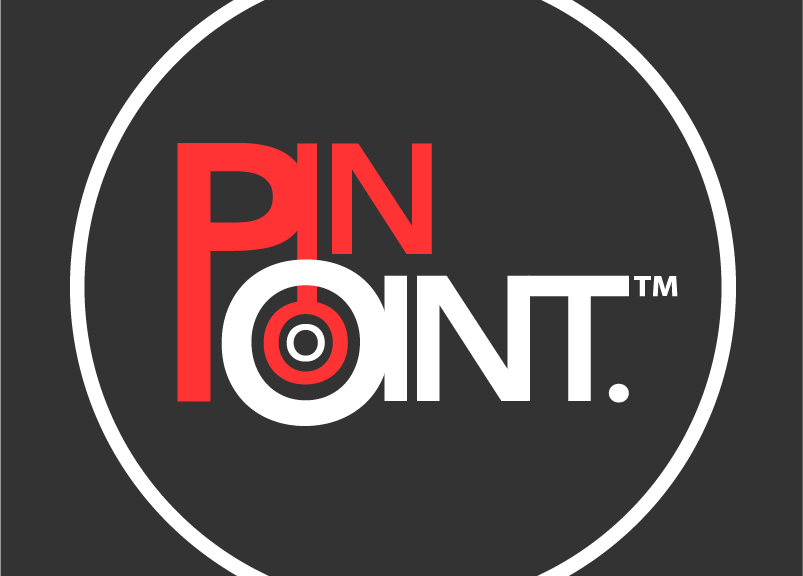ezParent Implementation Bundle
Positive parenting practices help support optimal child social and emotional development. Parent training is considered a gold standard for supporting and strengthening parenting practices and for treating and preventing child behavior problems. A new research grant awarded to Klein Buendel will develop and test a comprehensive implementation package (the ezParent Bundle) to support the hybrid delivery of the ezParent Program.
Klein Buendel Research Investigator, Ms. Julia Berteletti, and the Klein Buendel Creative Team are collaborating with Dr. Susan Breitenstein from Ohio State University (Principal Investigator) on the project. ezParent is the web-based delivery mechanism of the Chicago Parent Program. ezParent integrates empirically supported parenting strategies and includes video vignettes, interactive activities, and in-home practice. The new bundle will include asynchronous web-based facilitator training and the ezParent dashboard, which allows facilitators to track parent program use and offer support.
Young children’s behavioral health is declining with current estimates of up to one-third of preschool children exhibiting behavior problems (such as tantrums, defiance, and aggression). Behavior problems have been more pronounced in minoritized and low-income populations and because of the COVID-19 pandemic. Positive and supportive parenting can buffer the negative effects of early adverse experiences and childhood trauma.
The primary method of delivering parent training involves face-to-face, in-person sessions. Although effective, there are multiple limitations with in-person parent training delivery affecting access and reach (such as time; schedule conflicts; access to childcare, transportation, trained facilitators; and stigma). These barriers result in many referred parents not receiving parent training. Parent completion access issues are more pronounced in underserved communities. An overall goal of this research is to expand parent training access in community organizations dedicated to serving low-income families [such as Head Start and Early Head Start (HS/EHS)].
Many web-based parent training programs are self-administered, yet there is evidence suggesting web-based programs are more effective when paired with human support, known as hybrid delivery. Trained facilitators can foster parent completion of web-based programs and tailoring of strategies. However, parent training programs lack a proven method for systematically integrating facilitator training in an accessible manner. In addition, for hybrid models to be effective, facilitators require methods to monitor and track parent use of the program. Real-time access to training can increase program sustainability and user tracking allows support to be tailored based on parent program use and individual needs.
The ezParent bundle will be evaluated in a cluster randomized trial in 16 HS/EHS sites with personnel facilitators and 516 parents of children aged 2-5 years old. The investigators hypothesize that relative to the control group, parents in the ezParent bundle group will report greater improvements in parenting skills and self-efficacy, parent-child relationship, and reductions in child behavior problems.
This STTR Fast Track grant was awarded to Klein Buendel by the Eunice Kennedy Shriver National Institute of Child Health and Human Development (HD116627; Dr. Susan Breitenstein, Principal Investigator from Ohio State University). Research collaborators include Ms. Julia Berteletti from Klein Buendel, and Dr. Amie Bettencourt and Dr. Deborah Gross from Johns Hopkins University. The ezParent technology will be designed and programmed by the Creative Team at Klein Buendel.




